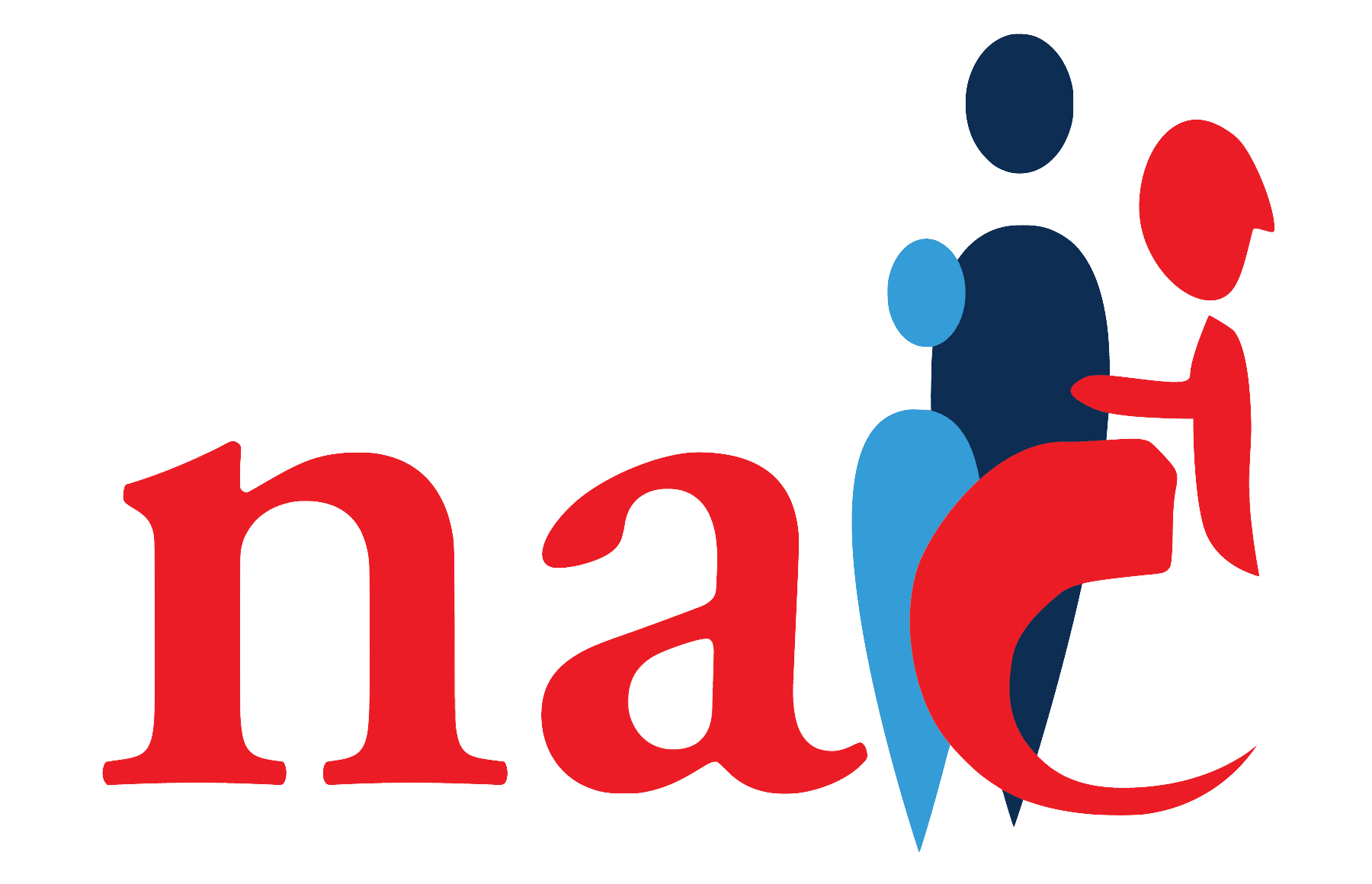Core Advocacy Principles

Expand Caregiver Access To Supports & Services
Invest In Evidence Informed Caregiver Research


Protect The Financial Security of Caregivers
Include Caregivers As Vital Members Of The HHS System


Enhance The Health & Wellness Of Caregivers
Federal Caregiving Legislation
Recognize, Assist, Include, Support, and Engage (RAISE) Family Caregivers Act
Requires the Secretary of Health and Human Services to develop, maintain and update an integrated national strategy to recognize and support family caregivers. Brings together relevant federal agencies and others from the private and public sectors to advise and make recommendations regarding the national strategy.
Sponsor(s): Senator Susan Collins (R-ME)
Credit for Caring Act
H.R. 2505 →H.R. 3321
S.1151 → S. 1670
This bill allows an eligible caregiver a tax credit of up to $5,000 for 30% of the cost of long-term care expenses that exceed $2,000 in a taxable year to help defray the costs of caring for a loved one. This credit would be available to caregivers of persons across the lifespan (adult of for a child with a disability)
Sponsor(s): Representative Linda Sánchez (D-CA); Senator Joni Ernst (R-IA)
Family and Medical Insurance Leave (FAMILY) Act
H.R. 947 → H.R 804
S.337 → S. 248
Provides workers with up to 12 weeks of partial income when they take time for their own serious health condition, including pregnancy and childbirth recovery; the serious health condition of a child, parent, spouse or domestic partner; the birth or adoption of a child; and/or for military caregiving and leave purposes. The benefit would be administered through a new Office of Paid Family and Medical Leave within the Social Security Administration. Payroll contributions would cover both insurance benefits and administrative costs.
Sponsor(s): Representative Rosa DeLauro (D-CT); Senator Kirsten Gillibrand (D-NY)
Building Our Largest Dementia Infrastructure for Alzheimer’s (BOLD)
Would create an Alzheimer’s public health infrastructure across the country to implement effective Alzheimer’s interventions focused on public health issues such as increasing early detection and diagnosis, reducing risk and preventing avoidable hospitalizations. The BOLD Infrastructure for Alzheimer’s Act would also increase implementation of the Healthy Brain Initiative’s Public Health Road Map nationwide by establishing Alzheimer’s centers of excellence, providing cooperative agreements to public health departments, and increasing data collection, analysis and timely reporting.
Sponsor: Senator Susan Collins (R-ME) and Representative Brett Guthrie (R-KY)
VA Mission Act
The MISSION Act gives Veterans greater access to health care in VA facilities and the community, expands benefits for caregivers, and improves VA’s ability to recruit and retain the best medical providers.
Lifespan Respite Care Reauthorization ActH.R 2535 became H.R 8906 and became Law on 1/5/2021. It is now known as Public Law No: 116-324This bill reauthorizes through FY2024 and revises the Lifespan Respite Care Program. The Lifespan Respite Care Program provides competitive grants to state agencies working in concert with Aging and Disability Resource Centers and non-profit state respite organizations to make quality respite available and accessible to family caregivers. This bill amends the Public Health Service Act to reauthorize the Lifespan Respite Care Program at $10 million a year for five years.
Dignity in Aging Act
Public Law No: 116-131
This bill establishes, reauthorizes, and revises several programs administered by the Department of Health and Human Services and the Department of Labor relating to care for the elderly.
Among other things, the bill reauthorizes through FY2024 and revises programs that support caregivers of the elderly; informational services, such as pension counseling; nutritional services, such as meal delivery; disease prevention and health promotion services; community and workforce training regarding elder care; and abuse and neglect prevention services.
Other Federal Legislation of Note
NAC supports and tracks the progression of:
Social Security Caregiver Credit Act
H.R. 3632 and S.1955 Provide a social security credit to be added to a person’s total career earnings and used to calculate future social security benefits. This is a progressive benefit for caregivers who spend at least 80 hours a month providing care. This includes caregivers of a parent, aunt, uncle, grandchild, niece, nephew, spouse, or domestic partner.
Sponsor(s): Representative Chris Murphy (D-CT) 7 & Bradley Scott Schneider (D-IL)
Alzheimer’s Caregiver Support Act
H.R. 2972 → H.R. 1474
S. 311 → S. 56
Provides grants to public and non-profit organizations to expand and improve training and support services for families and caregivers of individuals with Alzheimer’s disease. The bill ensures that grantees provide public outreach on the services they offer under this program and that grantees provide services in a culturally appropriate manner.
Sponsor(s): Senator Amy Klobuchar (D-MN) & Representative Maxine Waters (D-CA)
The Prescription Drug User Fee (PDUFA) ActH.R. 2430 → Became law 8/18/2017. It is now known as Public Law no: 115-52
PDUFA was created by Congress in 1992 and authorizes FDA to collect fees from companies that produce certain human drug and biological products. Since the passage of PDUFA, user fees have played an important role in expediting the drug approval process. PDUFA must be reauthorized every five years and was renewed in 1997, 2002, 2007, 2012, and recently in 2017. It is due for renewal in September 2022 for fiscal years 2023 – 2027.
Creating High-Quality Results and Outcomes Necessary to Improve Chronic (CHRONIC) Care Act of 2017
Public Law No: 115-123Would implement Medicare payment policies to improve management of chronic disease, streamline care coordination, and improve quality outcomes without adding to the deficit. Permanently authorizes Medicare Advantage SNPs. Provides more flexibility in allowable Supplemental Benefits in Medicare Advantage, such as healthy meals and transportation to medical appointments. Expands the Center for Medicare and Medicaid Innovation (CMMI) Medicare Advantage Value-Based Insurance Design (VBID) Model to all 50 states. Expands telemedicine benefits in Medicare Advantage.
Sponsor(s): Senator Orrin Hatch (R-UT)
Contact / Subscribe to Newsletter
